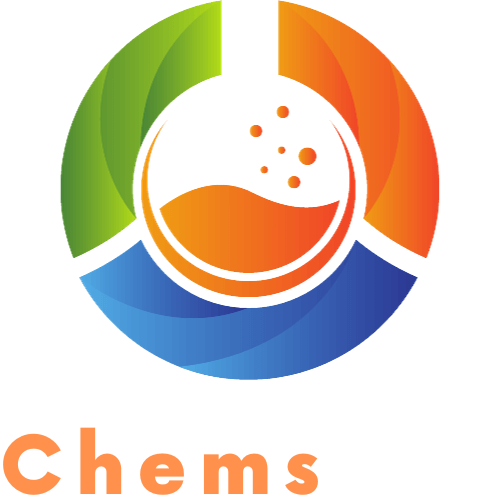If you’re curious about the effects of 3-cmc, click here to learn more!
3-CMC Effects: An Overview of the Dutch Experience
3-CMC, or 3-chloromethcathinone, is a synthetic stimulant drug that has become increasingly popular in the Netherlands in recent years. It is a member of the cathinone family of drugs, which also includes substances such as mephedrone and methylone. 3-CMC is known for its stimulant and euphoric effects, and it has been linked to a number of adverse health effects, including anxiety, paranoia, and even death. In this article, we will explore the effects of 3-CMC in the Netherlands, including its prevalence, its potential health risks, and the legal implications of its use.
Prevalence of 3-CMC in the Netherlands
3-CMC has become increasingly popular in the Netherlands in recent years. According to a 2019 report by the Trimbos Institute, a Dutch mental health and addiction research organization, 3-CMC was the most commonly used synthetic stimulant in the Netherlands in 2018. The report found that 3-CMC was used by 8.3% of respondents, compared to 6.2% for mephedrone and 4.2% for methylone. The report also found that 3-CMC was the most commonly used synthetic stimulant among young adults aged 18-24, with 11.3% of respondents in this age group reporting use of the drug.
Potential Health Risks of 3-CMC
3-CMC is known to have a number of potential health risks. The most common side effects of 3-CMC include anxiety, paranoia, and agitation. In some cases, these side effects can be severe and can lead to hospitalization. In addition, 3-CMC has been linked to a number of deaths in the Netherlands, including a case in 2018 in which a man died after taking a combination of 3-CMC and alcohol. It is important to note that the risks associated with 3-CMC use can be exacerbated by the use of other drugs, such as alcohol or other stimulants.
Legal Implications of 3-CMC Use in the Netherlands
In the Netherlands, 3-CMC is classified as a List I drug, meaning that it is illegal to possess, produce, or distribute the drug. The penalties for possession of 3-CMC can range from a fine to up to four years in prison. In addition, the sale or distribution of 3-CMC is punishable by up to eight years in prison. It is important to note that the possession of 3-CMC for personal use is not considered a criminal offense in the Netherlands, but it is still illegal to possess the drug.
Conclusion
3-CMC is a synthetic stimulant drug that has become increasingly popular in the Netherlands in recent years. It is known for its stimulant and euphoric effects, and it has been linked to a number of adverse health effects, including anxiety, paranoia, and even death. In the Netherlands, 3-CMC is classified as a List I drug, meaning that it is illegal to possess, produce, or distribute the drug. It is important to be aware of the potential risks associated with 3-CMC use, as well as the legal implications of its use in the Netherlands.
